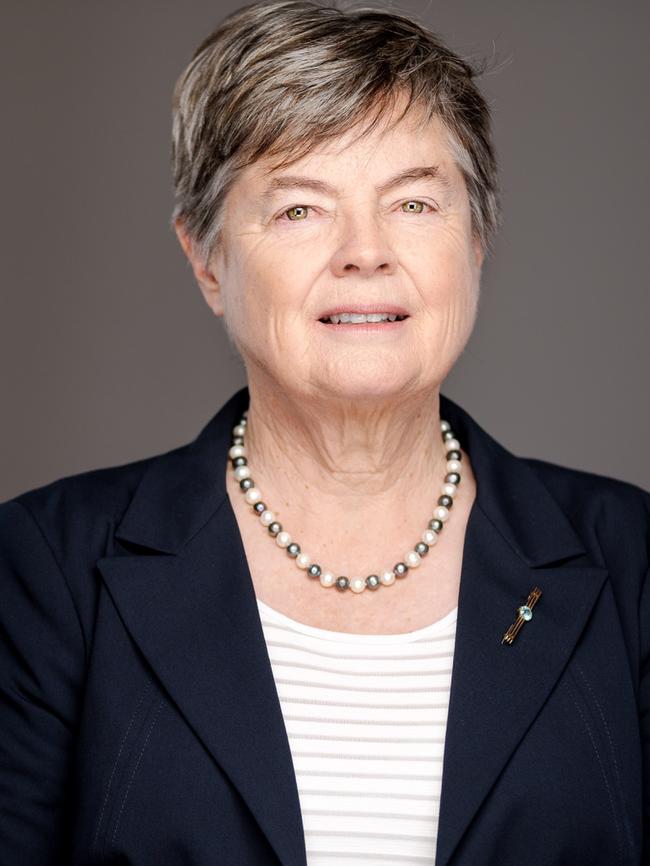Independent Commissioner Against Corruption Ann Vanstone criticises parliamentary inquiry investigating ICAC’s powers
New corruption watchdog Ann Vanstone has defended her office’s powers, and questioned the need for another committee to investigate ICAC.

SA News
Don't miss out on the headlines from SA News. Followed categories will be added to My News.
New corruption watchdog boss Ann Vanstone has slammed the establishment of a parliamentary committee to investigate her office’s powers.
“We don’t tie people up or give them water torture” declared Ms Vanstone, QC, in her first appearance before parliament since taking the reins of ICAC.
“In our examinations of witnesses, people are represented by lawyers, they don’t just come along by themselves,” she told the Crime and Public Integrity Policy Committee on Thursday.
“I’ve only been present at three examinations … and to me they were almost too cordial.”
Before facing questions from MPs, Ms Vanstone slammed a new select committee that will examine possible reputational damage to people investigated by ICAC.
“I must confess I am perplexed at this initiative,” she said, adding: “I ask myself what is the point of this?”

She said the creation of the committee, which is expected to start hearing evidence early next year, gives the impression her office “acts like cowboys” and “operates outside of regulatory framework”.
“Neither of those things are true in the least. Nothing could be further from the truth,” she said.
Ms Vanstone also explained a surveillance bungle at a government building, arguing it was an “ideal example” of her office’s integrity rather than an example of misconduct.
She said a Supreme Court warrant was issued to allow two recording devices to be installed in a particular government meeting room last year.
“The condition was the audio could only be recorded when (the person of interest) was in the room,” she said.
But, on the second day of surveillance, investigators hit a snag when an important meeting was transferred to a different room.
The devices, which were installed by either SA Police or “an interstate agency”, could not be moved to the second room in time.
Unknown to ICAC investigators, the external “surveillance specialists” decided to disable the devices in the first room and install new ones in the second room.
“That wasn’t immediately communicated to our director of investigations, but as soon as it was, he put a stop to it all,” Ms Vanstone said.
“Far from evoking shades of what happened in East Timor … I suggest this incident attests to the integrity of ICAC.”



